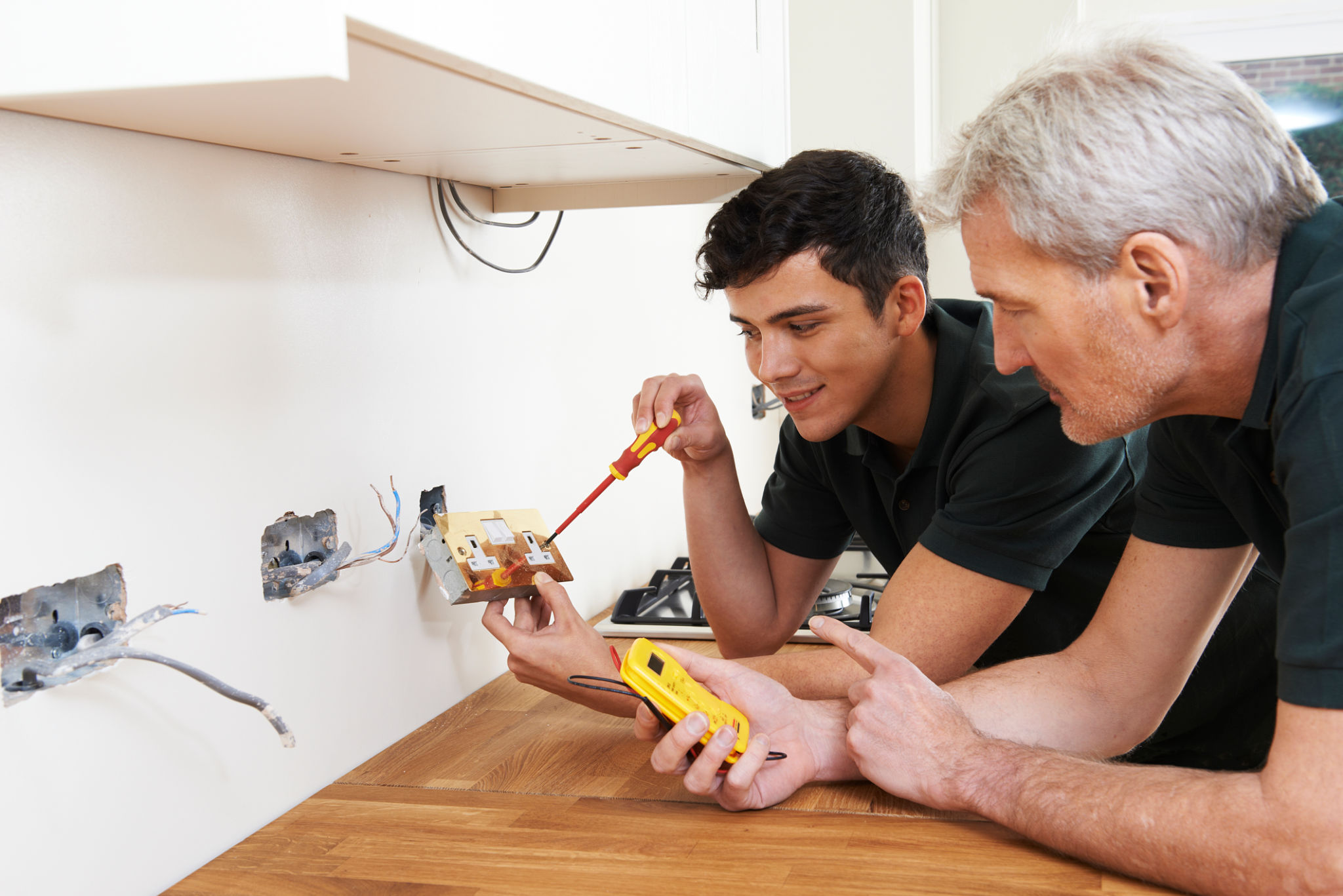DIY Home Design Projects for Beginners: A Step-by-Step Guide
Getting Started with DIY Home Design Projects
Embarking on a DIY home design project can be an exciting yet daunting task, especially for beginners. Whether you're looking to refresh a room's look or create a cozy atmosphere, DIY projects can be both rewarding and cost-effective. Before diving in, it's essential to plan carefully and gather all necessary materials.
Start small. Choose a project that won't overwhelm you. Simple tasks like painting a wall or adding new decor can make a significant impact without too much complexity or investment.

Choosing the Right Project
When selecting your first DIY project, consider areas that need improvement or where you spend the most time. Kitchens, living rooms, and bedrooms are popular choices for beginners. Think about what changes would enhance functionality or aesthetic appeal.
Research trending designs or timeless styles that fit your taste. Look for inspiration on platforms like Pinterest or Instagram, where countless ideas can spark your creativity. Remember, the goal is to choose something manageable yet transformative.

Gathering Materials and Tools
Having the right materials and tools is crucial to the success of any DIY project. Make a list of everything you'll need, from paint and brushes to screws and nails. Many home improvement stores offer beginner kits that include essential tools for various projects.
It's also wise to invest in quality materials to ensure durability and a professional finish. If you're unsure of what to buy, seek advice from store experts or consult online tutorials and reviews.

Step-by-Step Guide to a Simple Project
Let's walk through a basic project: creating an accent wall with paint.
- Prepare the Wall: Clean the wall surface to remove dust and grime. Fill any holes or cracks with spackle and sand once dry.
- Select Your Paint: Choose a color that complements your existing decor. Test a small patch to ensure you like the shade.
- Tape the Edges: Use painter's tape to protect adjacent walls, ceiling, and trim from accidental paint strokes.
- Paint: Start with a primer if necessary, then apply your chosen color using smooth, even strokes.
- Finishing Touches: Remove tape carefully once the paint is dry and touch up any areas if needed.
Troubleshooting Common Issues
Even with careful planning, you may encounter challenges during your DIY journey. Paint drips, uneven surfaces, or mismatched colors are common issues. Don't panic; most problems can be fixed with minor adjustments or additional coats of paint.
If you feel stuck, online forums and DIY communities can offer useful advice and solutions from experienced enthusiasts. Engaging with fellow DIYers can provide new perspectives and motivation to complete your project successfully.

The Joy of Completing Your First Project
The satisfaction of completing your first DIY home design project is unmatched. Not only will you have enhanced your living space, but you'll also have gained valuable skills and confidence for future endeavors.
Remember to take the time to admire your work and share your accomplishments with friends and family. Celebrate these small victories as they pave the way for more ambitious projects down the line.
